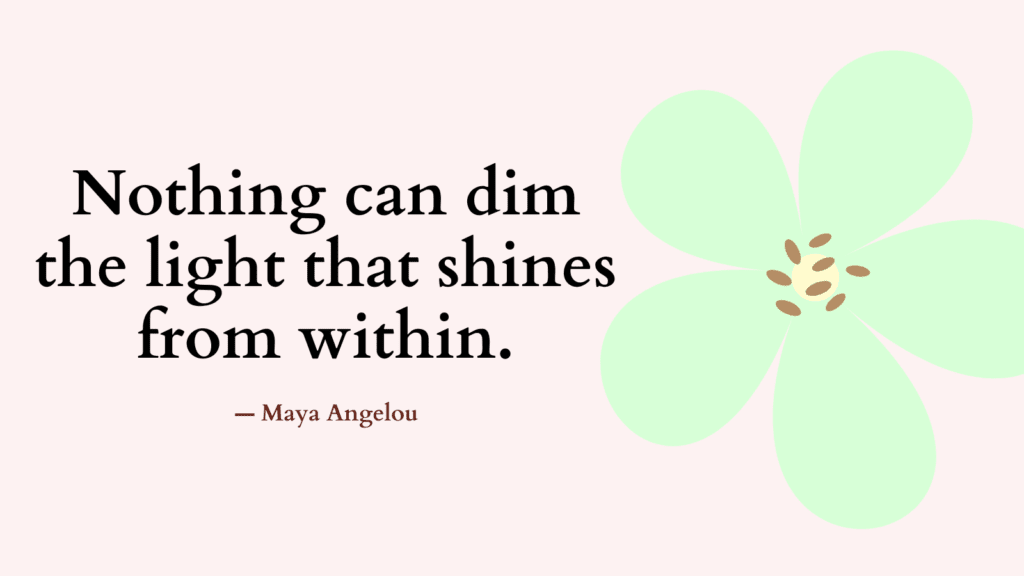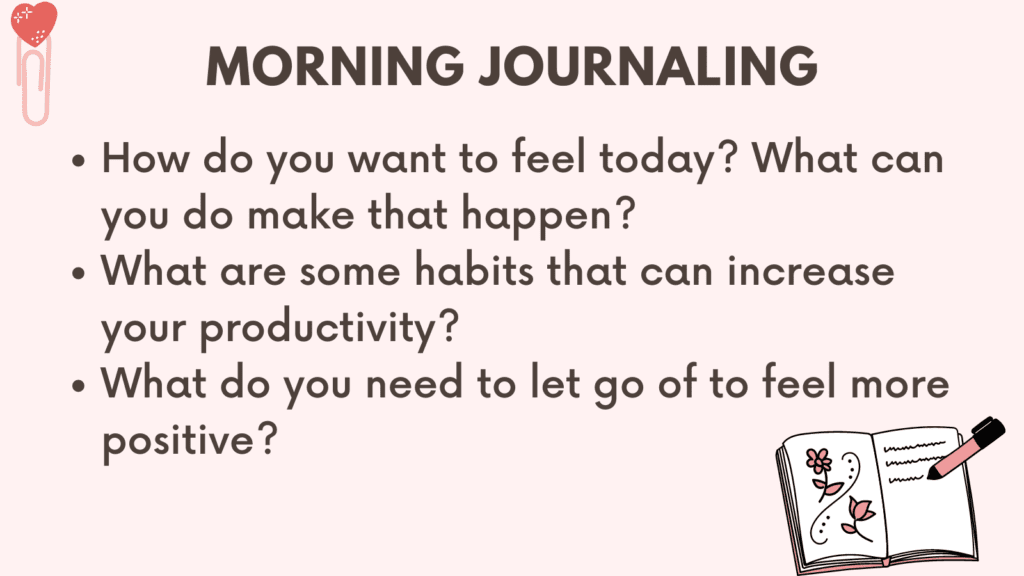This post contains some of the best anger journal prompts to help you manage your anger in healthier ways.
Why Journal?
Writing down your thoughts and insights can be a cathartic and relieving experience, especially on days you feel the worst.
If you don’t know where to start, using a list of journal prompts can help.
Anger Journal Prompts
1. Has anger been a lifelong problem for you?
2. When did you first notice that you’re struggling with anger? Has it worsened or improved over time?
3. Are you aware of any early experiences that may have caused anger?
4. How is anger causing problems in your life and relationships with others (e.g., friendships, romantic relationship, parenting)?
5. How would your life be different if you felt less angry or learn to manage it well?
Related: Top 14 CBT Exercise For Anger Management (+FREE Anger Worksheets)
6. What situations or people trigger your anger?
7. How do you react to anger? Do you withdraw, yell, break things?
8. Do you tend to be judgmental with yourself when feeling angry? If so, what purpose is being hard on yourself serving?
9. If you feel angry, how can you calm yourself in healthy ways?
10. How can you show yourself more acceptance and compassion?
Related: How To Feel Your Feelings & Sit With Painful Emotions? (Top 9 Difficult Emotions)
11. Where can you ask for emotional support or help?
12. What do you need to forgive yourself for?
13. If you could write a letter to your anger, what would you say?
14. What changes can you make in your life to reduce stress?
15. What advice would you give a friend or family member who is struggling with the same anger issues?
Related: Top 21 Emotional Writing Prompts To Process Emotions
FREE Anger Worksheets
How to Use Anger Journal Prompts?
Anger journal prompts can be a powerful tool for self-reflection and personal growth. Here are some tips on how to use them effectively:
1. Identify your anger triggers: Before you start journaling, it’s helpful to identify what triggers your anger. This will help you focus your journaling on the specific issues that are causing you the most frustration.
2. Set aside time: Choose a time when you can sit down and write without distractions. This could be first thing in the morning, during your lunch break, or before bed.
3. Write freely: When you start journaling, let your thoughts flow freely onto the page. Don’t worry about grammar, spelling or punctuation. Just write down whatever comes to mind.
4. Use prompts: Anger journal prompts can give you ideas for what to write about. Some examples of anger journal prompts include “What situations make me feel angry?” or “What do I wish I could say to someone who has hurt me?”
5. Be honest: It’s important to be honest with yourself when using anger journal prompts. Don’t hold back or censor yourself. Write down your true feelings, even if they are difficult or uncomfortable.
6. Reflect: Once you’ve finished writing, take some time to reflect on what you’ve written. Think about what you’ve learned about yourself and how you can use this knowledge to manage your anger more effectively in the future.
7. Take action: Finally, use the insights you’ve gained from your anger journaling to take positive action. This might involve having a difficult conversation with someone, seeking support from a therapist or coach, or making changes to your daily routine to reduce stress and improve your overall well-being.

Conclusion
Using anger journal prompts can be an effective way to manage and understand your emotions.
It involves writing down your thoughts, feelings, and experiences related to anger in a journal or notebook using a series of prompts or questions.
These prompts can help you explore the root causes of your anger, identify triggers, and develop strategies for managing your emotions.



